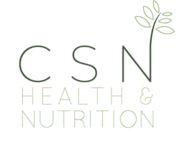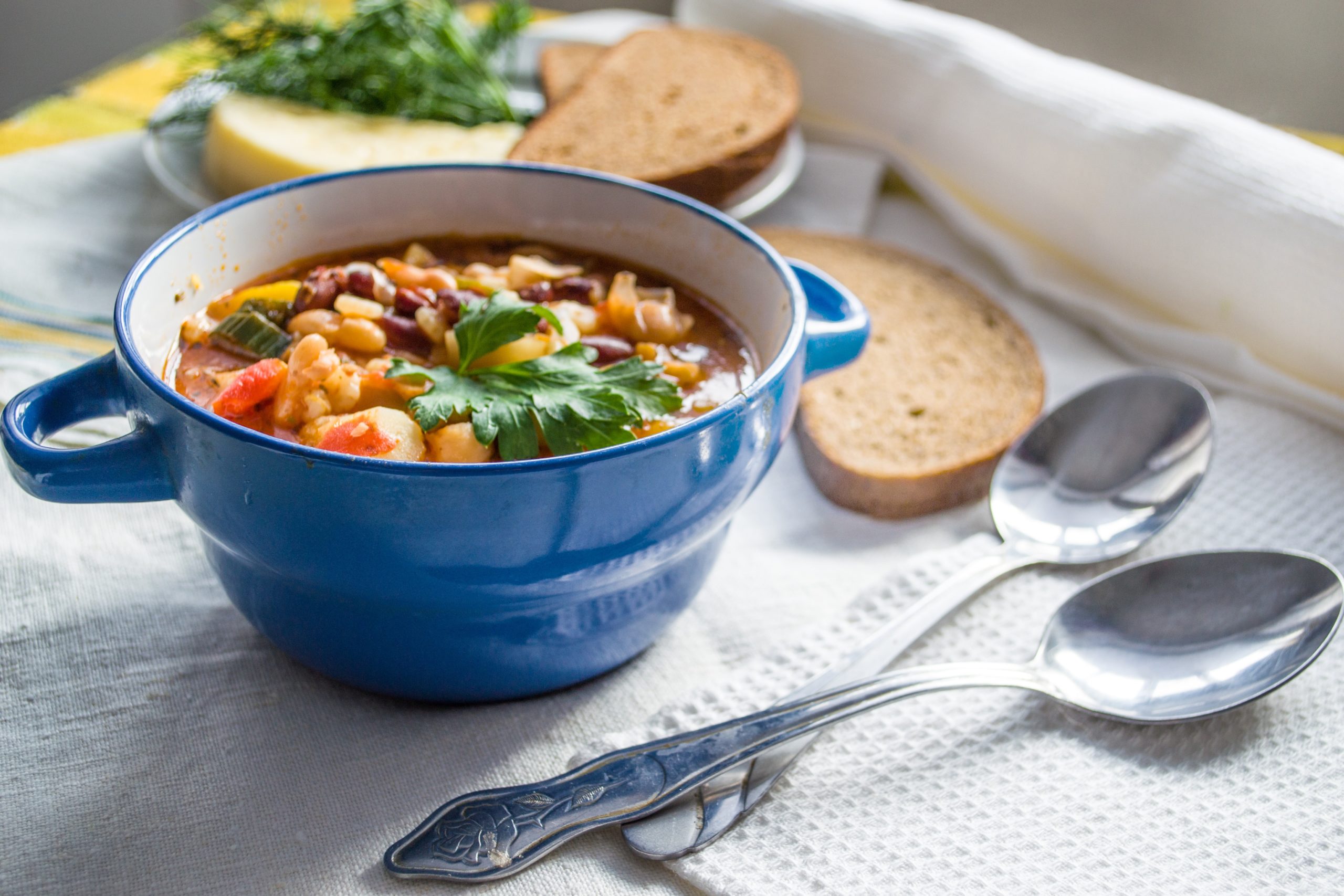From a nutritionist’s perspective, two of the greatest perils that winter presents are: the extra demands on the immune system and, weight gain.
Some of the risks of weight gain come from the fact that many of the foods we routinely eat in the warmer months aren’t as satisfying, or appealing when it’s cold; we need more comforting food than in the summer. An added risk comes from the social events we may be invited to. Here are a few tips to arm yourself against both weight gain and, assaults on the immune system:
Avoiding weight gain:
A few general tips:
There are many of those “you only live once moments” over the festive season. A biscuit here, a mince pie there, the odd chocolate from a tempting tin can undo all the good work you’ve done over the year, leave you with a “diet hangover” to contend with in January and, change the positive behaviour habits you’ve worked so hard to instil. So, how to do this without spoiling the party?
Choose wisely: if you want to sample some of the goodies – choose wisely; select the treat you really, really want, take only half what you would normally eat and, try not to go to events on an empty stomach; being hungry, or having a low blood sugar level can wreak havoc on good intentions.
Limit alcohol consumption: not only is alcohol full of “empty calories”, perhaps far more than we assume, but also, inhibitions are reduced. Studies show people snack more, and less mindfully, after drinking alcohol.
Meal planning
Apart from social events, just getting through the winter months without “piling on the pounds” can be difficult, so we need to think about the foods we include in our weekly diet. Here are a few tips:
Serotonin – the happy hormone – reduces during the winter months, with those long dark evenings and, limited exposure to sunlight. You can boost your serotonin levels with foods such as pumpkin seeds, sweet potato, poultry, salmon and, wholegrain carbohydrates. Think about including them in the meals you prepare.
Breakfast
Eat a healthy, satisfying breakfast to stop you reaching for those high fat, high sugar mid-morning snacks. Examples include:
- Porridge: use whole oats (the prepared sachets are high in sugars and the oats themselves are finer, so potentially, less filling). Sweeten with berries or, grated apple and ginger, and spices, such as cinnamon or nutmeg. Try sprinkling on some seeds and chopped nuts.
- Wholemeal toast with poached egg and mashed avocado
Mid-morning snack
Keep a healthy, satisfying and nutritious snack with you for mid-morning, nuts such as almonds. Nuts often get bad press for their fat content, but they are rich in nutrients such as fibre and protein, both of which increase the feeling of fullness, and, magnesium, which is necessary for an effective immune system.
Lunch
It can be easy to choose comforting but high calorie, high fat, high salt content foods from the high street midday, but there are healthy, satisfying options which you can prepare in advance:
Soups – so easy to make, easy to transport these days and, a great way to increase your intake of vegetables. Homemade soups are likely to be more nutritious, and contain less hidden sugar, and salt.
Examples:
- Tomato soup – really simple and quick: https://www.bbcgoodfood.com/recipes/2075/tomato-soup
- (quick cheat – a homemade tomato soup can also make a great base for a sauce when you’re short of time. Add a little soy sauce, balsamic vinegar and a very small amount of brown sugar (1 tsp) to make a homemade sweet and sour sauce)
- Minestrone: https://www.healthyseasonalrecipes.com/minestrone-soup/
Dinner
Try and have something prepared, so that when you arrive home, cold, tired and hungry, you are less tempted to snack on high fat, high salt foods.
Have a soup ready, so you can grab it while you’re preparing your meal. Soups are filling, and comforting.
Examples of easy to prepare, nutritious meals:
- Grilled salmon or
- Grilled chicken escalope
- with baked sweet potato and lightly sautéed broccoli (by sautéing, rather than boiling, you retain those essential nutrients which would otherwise go down the drain with the boiling water)
- Or plant-based foods such as sweet potato, cauliflower and lentil bowl: https://www.bbcgoodfood.com/recipes/sweet-potato-cauliflower-lentil-bowl
- Roasting vegetables, such as cauliflower, carrots, parsnips and fennel can be a very satisfying side dish and, also provides a heartier base for a salad than traditional salad vegetables.
Immunity
Some of the challenges to the immune system come from: cigarette smoke, alcohol consumption, stress, sleep disturbance, poor diet and, excessive and prolonged exercise.
By wrapping up and getting out, not only will you reduce those periods of sedentary behaviour, but you may improve your sleep and, response to stress. Eating well may also support the function of your immune system.
Here are some of the important nutrients, essential for immunity, that should get you through the winter months – although please note, this list is not exhaustive:
| Nutrient | Food (examples) |
| Vitamin A | Eggs, milk, butter, orange and yellow vegetables, broccoli, spinach and green leafy vegetables. |
| Vitamin C | Citrus fruit, kiwi fruit
Cauliflower, broccoli, brussel sprouts. |
| Vitamin E | Nuts and vegetable oils |
| Zinc | Meat, shellfish, legumes (chickpeas, lentils and beans) seeds, eggs, nuts |
| Magnesium | Green leafy vegetables, nuts, seeds, wholegrains, beans |
| Selenium | Brazil nuts, poultry, shellfish, beef , pork |
| B12 | Animal products: fish, meat, poultry, milk and milk products (vegetarians will find B12 in some breakfast cereals, nutritional yeast and products such as marmite |
| Iron | Beans, lentils, nuts, green leafy vegetables, red meat and turkey |

